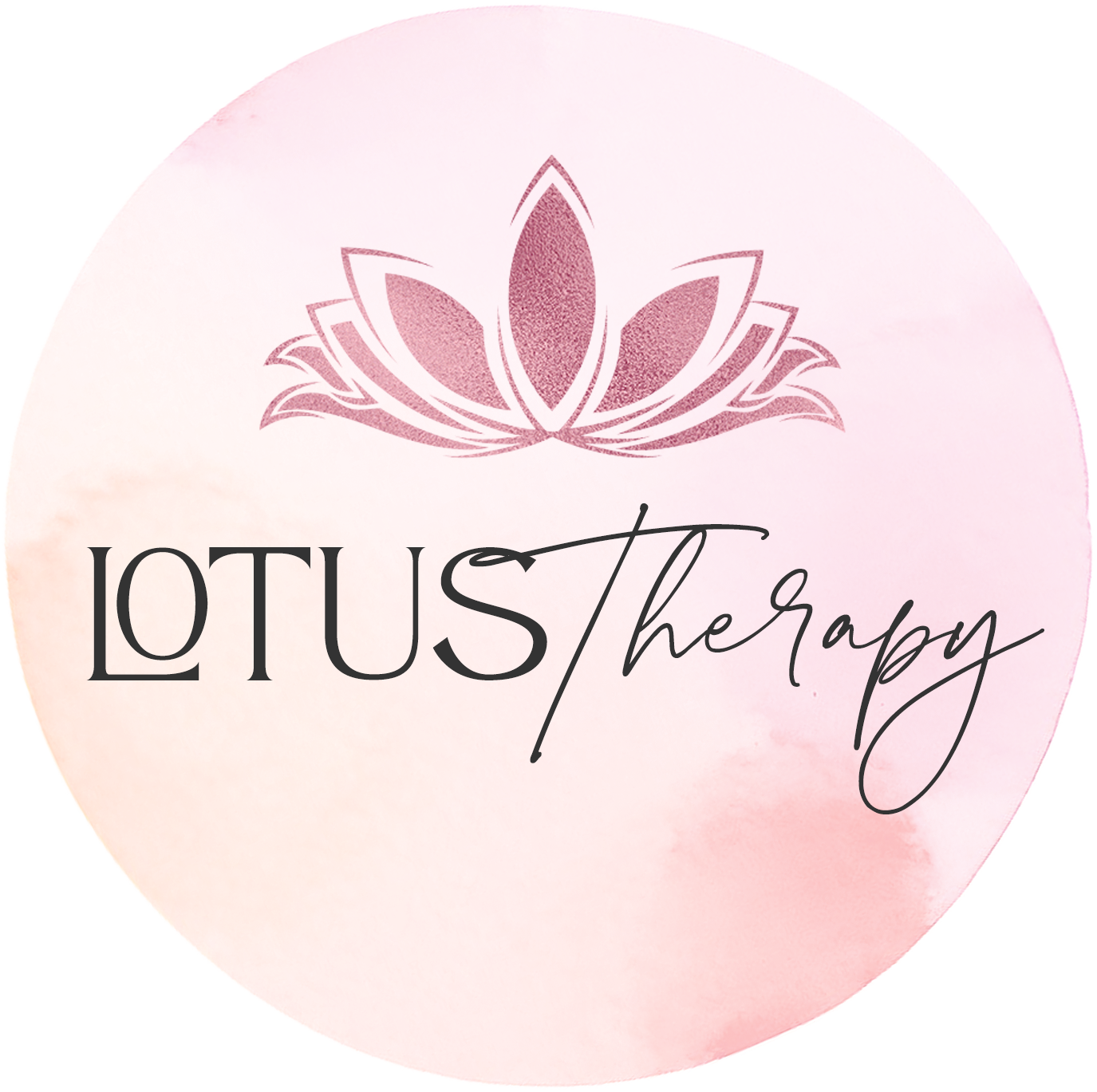Showing Up as Your Best Self in Your Relationship
A Guide To Fostering Love And Connection
Relationships thrive when both partners are committed to being their best selves. But what does it mean to "show up" as your best self in a relationship? It’s about being mindful, intentional, and present in your interactions, and bringing your most authentic, compassionate, and understanding self to the table. In this blog post, we’ll explore what it means to show up as your best self in a relationship and offer practical tips for fostering love and connection.
Understanding What It Means to Be Your Best Self
Being your best self in a relationship doesn’t mean being perfect. Instead, it’s about striving to be the most supportive, loving, and authentic version of yourself. It involves self-awareness, emotional regulation, empathy, and a commitment to personal growth. When you show up as your best self, you contribute to a healthier and more fulfilling relationship for both you and your partner.
The Importance of Self-Awareness
Self-awareness is the foundation of showing up as your best self. It involves understanding your own emotions, triggers, and patterns of behavior. By being aware of your strengths and areas for growth, you can better manage your reactions and interactions with your partner.
Practice Reflection: Regularly take time to reflect on your thoughts, feelings, and actions. Ask yourself, "How did I contribute to this situation?" or "What can I do differently next time?"
Acknowledge Triggers: Identify what triggers negative emotions or reactions in you. Understanding these triggers can help you respond more calmly and thoughtfully in the future.
Seek Feedback: Be open to feedback from your partner and use it as an opportunity for growth. Ask your partner, "What do you need from me to feel more supported?" and listen with an open mind.
Emotional Regulation: Managing Your Emotions
Emotional regulation is the ability to manage and respond to your emotions in a healthy way. In a relationship, this means staying calm and composed during disagreements, and not letting negative emotions dictate your actions.
Pause Before Reacting: When you feel a strong emotional reaction, take a moment to pause and breathe before responding. This can help prevent knee-jerk reactions that might escalate a situation.
Express Emotions Constructively: Use "I" statements to express your feelings without blaming your partner. For example, "I feel hurt when..." instead of "You always..."
Practice Mindfulness: Mindfulness techniques, such as deep breathing and meditation, can help you stay grounded and present, especially during challenging moments.
Empathy: Understanding Your Partner’s Perspective
Empathy is the ability to understand and share the feelings of your partner. It’s a crucial component of showing up as your best self because it allows you to connect on a deeper level and respond to your partner’s needs with compassion.
Listen Actively: Focus on truly hearing what your partner is saying, without interrupting or planning your response. Show that you’re listening by nodding, making eye contact, and reflecting back what you’ve heard.
Validate Their Feelings: Acknowledge your partner’s emotions, even if you don’t fully agree with their perspective. For example, "I can see why you would feel that way."
Put Yourself in Their Shoes: Try to see the situation from your partner’s point of view. Ask yourself, "How would I feel if I were in their position?"
Personal Growth: Committing to Continuous Improvement
Personal growth is an ongoing process that involves learning, evolving, and striving to become a better partner. When both partners are committed to personal growth, the relationship is more likely to thrive.
Set Personal Goals: Identify areas where you’d like to grow, whether it’s improving your communication skills, managing stress better, or being more supportive. Set specific, achievable goals and work towards them.
Seek Out Resources: Books, workshops, and therapy can all be valuable resources for personal growth. Don’t hesitate to seek out information or guidance to help you grow as an individual and as a partner.
Celebrate Progress: Recognize and celebrate the progress you make, both individually and as a couple. Acknowledge the efforts you’re putting into becoming your best self.
Showing Up Daily: Consistency is Key
Showing up as your best self is not a one-time effort; it’s a daily practice. Consistency in your actions and intentions is key to building trust and strengthening your relationship.
Be Present: Make a conscious effort to be fully present with your partner, whether it’s during a conversation, a meal, or a shared activity. Quality time together strengthens your connection.
Show Appreciation: Regularly express gratitude and appreciation for your partner. Small gestures, like saying "thank you" or giving a compliment, can go a long way in making your partner feel valued.
Stay Committed: Even when things are challenging, stay committed to showing up as your best self. Remember that relationships require effort, and the work you put in will contribute to a stronger, more fulfilling partnership.
Showing up as your best self in your relationship is about being mindful, empathetic, and committed to personal growth. By cultivating self-awareness, managing your emotions, understanding your partner’s perspective, and striving for continuous improvement, you can create a relationship that is loving, supportive, and deeply connected. Remember, it’s not about being perfect—it’s about making a consistent effort to be the best partner you can be.
As a couples therapist based in Lakeland, Florida, I offer personalized counseling services to help couples strengthen their relationships. If you feel that professional help could benefit your relationship, don’t hesitate to reach out! If you're looking for something more personalized, I invite you to contact me for a consultation or book a session. Together, we can work towards building a more intentional and fulfilling relationship.
Written By: Crystin Nichols MS, RMFTI

